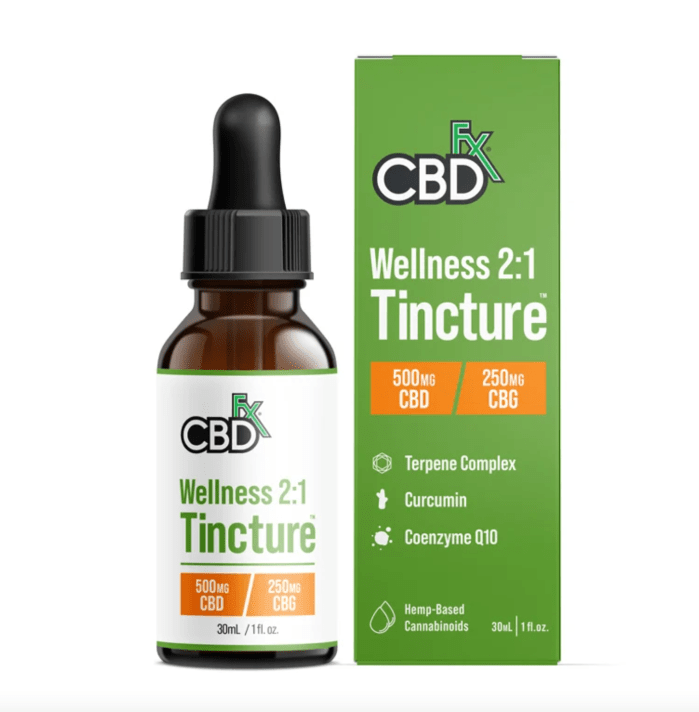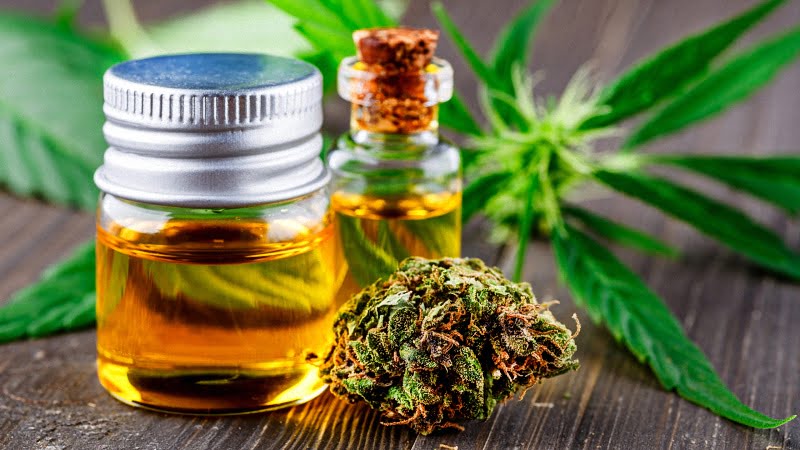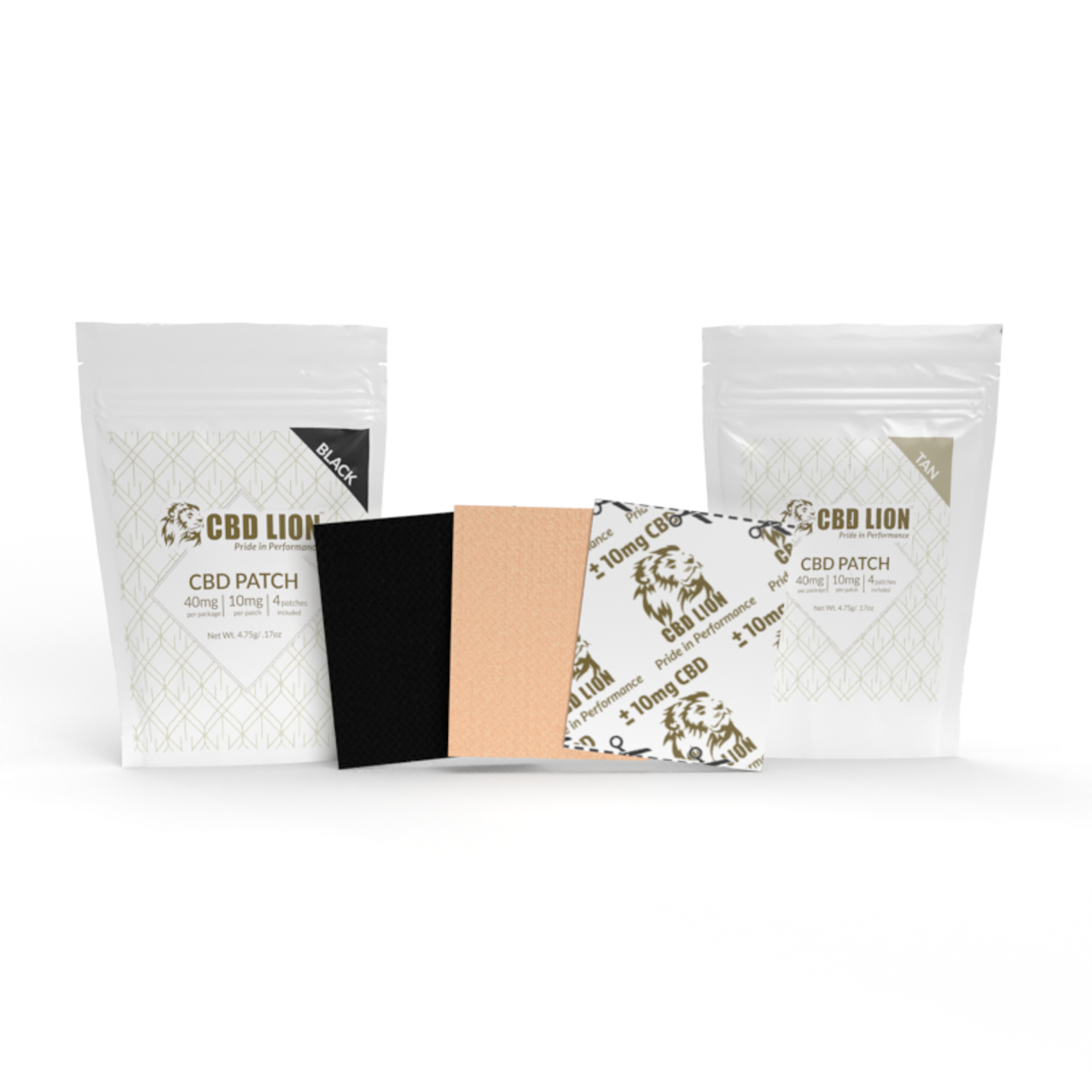
These are some of the factors you should consider when choosing the oil to vaporize. First, you must ensure that the oil does not burn. Burnt oil loses up to 30% of its goodness and produces carbon monoxide. Kind Vape's Jiggy is a top-quality oil vaper that will not cause your oil to burn. It is also important to draw your vapors slowly and in shallow puffs to avoid burning your mouth. Violent draws can increase the risk for combustion by heating the oil more quickly.
Cannabis oil
You can customize your cannabis oil vaping experience with cannabis oil vapor oils. It can be used with a variety vaporizers, including the Era PAX 3 or Era Era. Users can also choose the flavor and strength they prefer.

Hemp oil
Hemp oil can be extracted from the seeds or the plants of the hemp plant. It's used in beauty and food products. You can also buy hemp oil at many organic and health shops. Some products list hemp oil as the first ingredients. Although it does not contain CBD, hemp seed oil is a good source of essential fatty acids and protein.
CBD oil
Many are concerned about the possible side effects of CBD oil, despite the rising popularity of CBD vapor. While there are no confirmed cases of overdose, studies have found that CBD vapor has some potential side effects. Those who use CBD oil vapor for health reasons are urged to seek medical advice before using it.
e-liquids
E-liquids for vapor oil contain several components that are likely to contribute to the formation of toxins. Ethylene glycol is the most commonly used component. It is a clear, slightly viscous, liquid that is used across many industries. It is used as an industrial solvent, antifreeze, and hydraulic brake fluid. Hahn and collaborators found that ethylene glucose was detected in samples that didn't have labels. The dominant component of five eliquid products was identified as ethylene glycol by the researchers.
e-cigarettes
FTC has taken action against several companies that mislabeled E-liquids as candy, or food for children. Some companies even promoted them as Tootsie Roll candies and Girl Scout cookies. The Tobacco Industry has a history of targeting vulnerable populations. Recent University of North Dakota studies found that almost half of all the e-liquid samples were mislabeled. A second study showed that 17 percent contained more nicotine then what was on the label. One flavor even contained 172 percent more nicotine that was listed on the label.

THC oil
The cannabis vape oil samples released more terpenes when heated to 200 degrees Celsius. They also found that the concentrations of cannabinoids were lower than in the liquid form. The reason for this difference was that terpenes have lower boiling points than cannabinoids. Heating increases the vape oil's amount of Terpenes which results in a higher vapor composition.
FAQ
Can I use CBD during pregnancy?
There hasn't been enough research to determine if CBD can be used during pregnancy.
However, CBD does not appear to be a danger to the baby based upon the limited information.
Pregnant mothers should not consume CBD unless it is recommended by their doctor.
The Food and Drug Administration published a warning about potential health risks when CBD is taken while pregnant.
FDA states that there are some indications that cannabis use during pregnancy could increase the chance of miscarriage.
The agency added that more research is needed before a firm conclusion can be drawn.
What is the future of the CBD industry?
The future for CBD is bright. It's easy to see why so many people are jumping on board with this sector. This market is expanding exponentially with CBD products being purchased globally at a total of $1 billion.
Statista reports that in 2019, global sales of CBD (cannabidiol) are expected to exceed $22.4 Billion. This represents a nearly 200% increase over 2018!
A compound annual growth rate (CAGR) of 22.5% is predicted for the CBD market, which will translate into nearly $6.8 Billion in revenue by 2022.
This is great news both for those looking to enter the market as well as existing companies. However, the CBD market is still in its infancy. This means that there will be challenges.
Is there any evidence that CBD helps with anxiety?
CBD oil is effective for treating anxiety because it interacts with certain receptors in the brain called CB1 and CB2. The endocannabinoid system regulates mood and stress responses.
CB1 receptor is activated when our bodies feel anxious. When activated, this receptor sends signals to the amygdala, which is responsible for emotional processing.
When the CB1 receptor gets blocked, the amygdala can't process emotions. CBD users have less negative feelings.
In 2017, a study showed that CBD can reduce anxiety in people with social phobia. Another study concluded that CBD had a positive effect on symptoms of PTSD.
A 2018 review concluded that CBD has anxiolytic properties and could help treat generalized anxiety disorder.
Another study indicated that CBD might help reduce panic attacks.
However, several studies have shown that CBD actually increases anxiety levels in mice.
The discrepancy found between the animal results and human data might be due to differences of how CBD affects humans and animals.
CBD is not subject to any long-term safety tests. Experts are unanimous that CBD is safe if used as directed.
Statistics
- A recent study [161] also found that in vitro CBD treatment (i.e., ≤ 2 h exposure to 10 μM) induced ~40% vasorelaxation in isolated (pre-constricted) (ncbi.nlm.nih.gov)
- however, one study also found that these effects were virtually abolished when the original media (a nutrient broth agar) was replaced with one containing 5% blood (increasing the minimum concentration to ~160 μM CBD) [179]. (ncbi.nlm.nih.gov)
- As a substance that was federally illegal before the passage of the 2018 Farm Bill, hemp-derived cannabinoids with no more than 0.3% THC still face a regulatory grey area. (forbes.com)
- While the primary injury may not be treatable, interventions that attenuate secondary sequelae are likely to be of benefit [203].Only one study (ncbi.nlm.nih.gov)
- OralWhere HED is the human equivalent dose, and Km is a correction factor estimated by dividing the average body mass (BM) of the species (60, 0.020, and 0.150 kg for 11 humans, mice, and rats, respectively) and by its surface area (see: Nair et al. (ncbi.nlm.nih.gov)
External Links
How To
What are the most common problems in the CBD industry?
The market for CBD products continues to grow at an amazing rate. There are many hurdles businesses face when trying to enter the CBD market. These include a lack of consumer awareness, high cost of entry, limited access to capital, and regulatory uncertainty.
Many people don't know much about CBD or how it works. This makes it difficult for consumers to make informed decisions on whether or not they want CBD products.
As a result, most CBD companies rely heavily on word-of-mouth marketing. This is costly because they have to pay for advertising and hire staff to promote their brand.
High production costs are another problem facing new entrants in the CBD industry. High prices are a major problem for CBD products because of the high cost of raw materials. CBD oil is made from hemp that has been grown in particular climates.
It takes approximately $1,000 per acre to grow enough hemp to process into CBD oil. As a result, many small farmers cannot afford to start.
Access to capital is another challenge for new entrants in the CBD market. Due to the stigma surrounding the industry, banks discourage many people who wish to start businesses.
There is also regulatory uncertainty around the sale of CBD products. There are currently no clear guidelines regarding how CBD products should be marketed.
While some states have passed legislation restricting CBD products' sale, it has not been adopted as a national policy.
Only Nevada and Maine have so far legalized recreational marijuana.
Massachusetts and Michigan are however considering similar measures.
These changes could cause increased competition among CBD manufacturers.
As a result of these factors, many entrepreneurs choose to work from home rather than start a physical business.